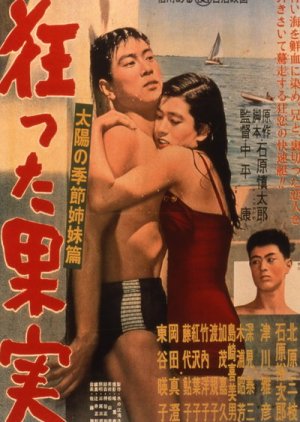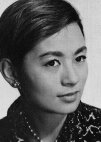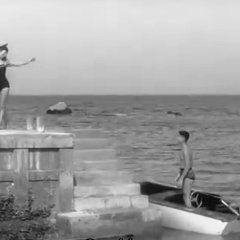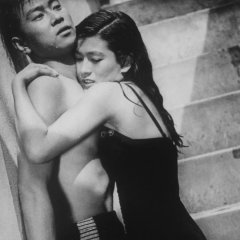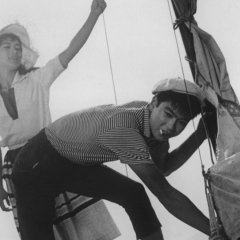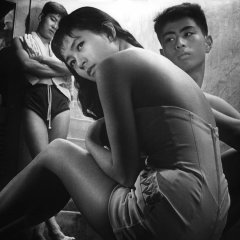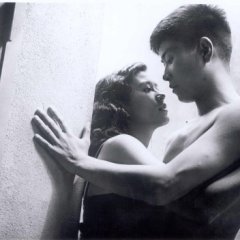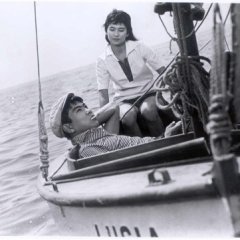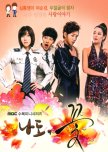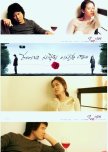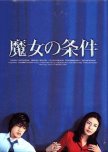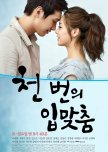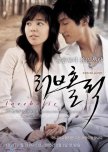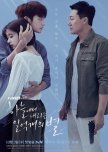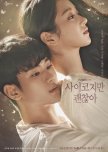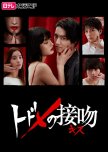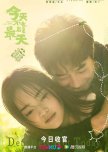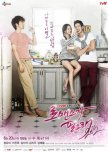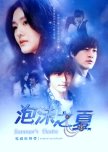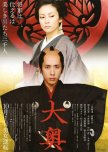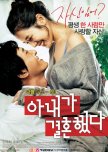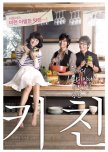In this powerful drama with comic undertones from Japan, a lazy summer by the beach develops a sinister undercurrent when the two brothers' hedonistic pursuits of alcohol and gambling are interrupted by the arrival of a beautiful young woman, Eri. The younger brother quickly becomes infatuated with the girl, but the older brother also develops an attraction to her and becomes determined to take her away -- even after learning she's already married. ~~ Adapted from the short story "Kurutta Kajitsu" (狂った果実) by Ishihara Shintaro (石原慎太郞). Edit Translation
- English
- magyar / magyar nyelv
- dansk
- Norsk
- Native Title: 狂った果実
- Also Known As: Juvenile Jungle Kurutta kajitsu , Juvenile Jungle , Kurutta Kajitsu , Paixão Juvenil
- Director: Nakahira Ko
- Screenwriter: Ishihara Shintaro
- Genres: Romance
Cast & Credits
- Tsugawa Masahiko Main Role
- Ishihara YujiroTakishima NatsuhisaMain Role
- Ishihara MakikoEriMain Role
- Okada MasumiHirasawa FrankSupport Role
- Higashitani EikoMichikoSupport Role
- Fukami Taizo[Father]Support Role
Reviews

Rebel without a Cause only with boats
Nakahira Ko’s sexually provocative film Crazed Fruit was the brother of all love triangles. Back in the days when Hollywood’s Desi and Lucy had to be shown sleeping in separate beds, Natsuhisa, Eri, and Haruji broke through societal norms and carried on torrid affairs with each other in the same bed, boat or on the sandy beaches.The Sun Tribe led by Natsuhisa and Frank was a group of bored well-to-do young people always looking for fun or trouble, whichever one they ran into first. They aimlessly killed time while railing against the establishment and rigid societal traditions. Natsuhisa’s little brother Haruji was more strait laced and gentler in temperament. Haru bumps into a beautiful girl in the train station and falls instantly in love. After they meet again by accident, his heart is sealed. Trouble arises when Natsuhisa discovers Eri’s secret and blackmails her into sleeping with him.
Though tame by modern standards there was no doubt that this film pushed the envelope for 1956. No bare bits were shown but the camera lingered suggestively over areas often considered off-limits. Characters discussed their sexual escapades as the men rated women. Post-coital moments left little to the imagination. And I’ve never seen a Japanese film with so many scenes with characters in swimsuits either.
I had no issue with the sexual content. My concerns were more about character development or the lack thereof. The brothers were close and one would have been labeled ‘the good one’ with the other one labeled ‘troubled’. That shorthand was about all that was given. Both men were obsessed with one woman and dangerously jealous. Eri, the femme fatale juggling three men, was the most thinly drawn. She supposedly loved Haru, was sexually attracted to Natsuhisa, and for some reason at the age of 20 was married to a man twice or three times her age. The volatile mix led to a suspenseful and violent conclusion.
Women may have been more sexually liberal but it was still a film written by a man which lent itself to certain biases. Consent was the male interpretation that “no” meant “yes” which was troubling. The Sun Tribe spent much time rating women and figuring out ways to meet new flesh. They may have rebelled against tradition but that didn’t mean they were any more evolved.
The cinematography was a mixed bag. Some of the shots were beautiful and thrilling. The characters spent a great deal of time either in cars, boats, or on water skis. The backgrounds for all three were laughably bad. Hawaii and Hawaii themed films were popular during the mid-1950s through the 1960s which Crazed Fruit reflected. While not set in Hawaii, the gang routinely wore Hawaiian shirts and played the ukelele. There were numerous scenes of the characters skiing which also seemed to be a popular theme from this time period.
Crazed Fruit explored the lives of (wealthy) children who had been born during WWII, lived through the bombings, and rebelled against the status quo as the country sought to find its own footing. While I could appreciate what the director was seeking to accomplish, I didn’t consider any of the characters particularly appealing. Natsuhisa was reprehensible, Haru was a blank page defined primarily by his desire for Eri, and Eri was only a vessel for the men in her life. The biggest lesson I took away from this film was to watch out for the quiet ones, still waters may run deep, but so does jealousy.
28 June 2025
Was this review helpful to you?

Some background to this movie has to be sketched before one could evaluate it. The novel was written by a popular author Ishihara Shintaro. He was/is such an important writer that is was decided to make to movie before the novel was finished. More over his brother played one of the main not very graceful roles.
It is also important to note that the movie depicts the 50's movement, sort of created by Ishihara, called taiyozoku (??? - Sun Tribe), which more or less represents the ideology of freedom and recklessness among youths (it would be great exaggeration to call them Japanese Hippies), that was heavily inspired by the American influence.
Now, back to the movie itself. Having said about taiyozoku, watching the movie you won't find much Japanese culture here. The action takes place on the sea shore, setting the movie into some kind of Hawaiian-like atmosphere (there are even some foreigners). The story revolves mainly around three young well situated people: two brothers and a young lady who both of them fancy and who isn't a saint one. After the plot gets more intense a Hitchcock ending comes, not fully unexpected.
Technically, you have to remember that it is a middle 50's movie, still it is quite awkwardly edited, and that can put you to sleep some times, but the typical music will keep you awake.
Was this review helpful to you?
Recommendations
There have been no recommendations submitted. Be the first and add one.

